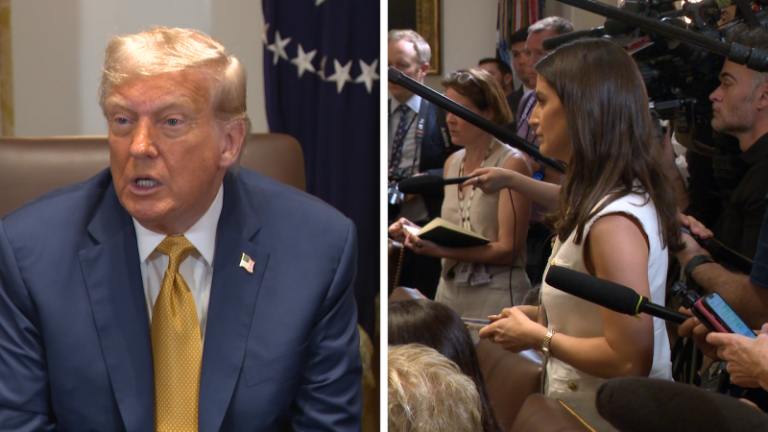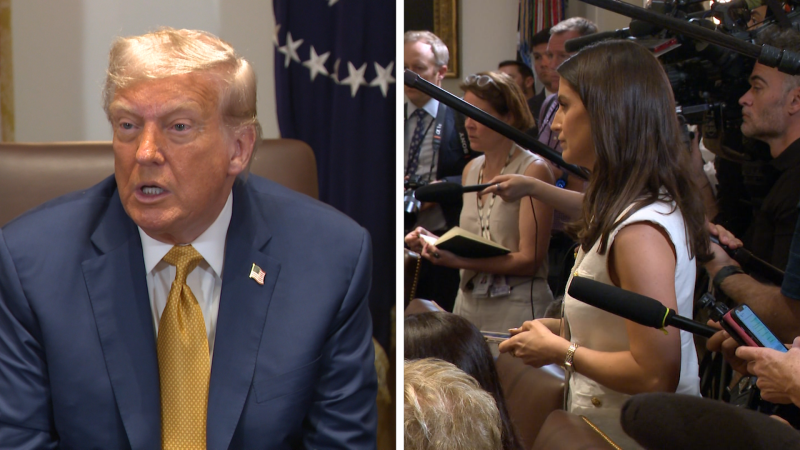
Doctors in Gaza say they were forced to cram multiple babies into one incubator as hospitals warned that fuel shortages are forcing them to shut off vital services, putting patients’ lives at risk.
The UN has warned that the fuel crisis is at a critical point, with the little supplies that are available running short and “virtually no additional accessible stocks left.”
“Hospitals are rationing. Ambulances are stalling. Water systems are on the brink. And the deaths this is likely causing could soon rise sharply unless the Israeli authorities allow new fuel in – urgently, regularly and in sufficient quantities,” the Office for the Coordination of Humanitarian Affairs (OCHA) said.
An 11-week Israeli blockade on humanitarian aid earlier in the year pushed the enclave’s population of more than 2 million Palestinians towards famine and into a deepening humanitarian crisis. Limited aid deliveries resumed into the besieged enclave in May but aid groups have said it is not nearly enough to meet the scale of the needs.
The director of the Al-Ahli Hospital, south of Gaza City posted a photo on social media Wednesday of multiple newborn babies sharing a single incubator which was taken at another facility, Al-Helou.
“This tragic overcrowding is not just a matter of missing equipment — it’s a direct consequence of the relentless war on Gaza and the suffocating blockade that has crippled the entire healthcare system,” Dr. Fadel Naim wrote in a post on X.
“The siege has turned routine care for premature babies into a life-or-death struggle. No child should be born into a world where bombs and blockades decide whether they live or die.”
The director of Al-Shifa Hospital in northern Gaza said the shortages were forcing them to close kidney dialysis sections so they could focus on intensive care and operating theatres.
Footage from inside the hospital showed doctors using flashlights as they treated patients.
Another facility, the Nasser Medical Complex, said it had 24 hours of fuel left and was concentrating on vital departments such as maternity and intensive care.
Fuel vital for basic services
In addition to fuel shortages, difficulty finding replacement parts for the generators that power Gaza’s hospitals risks is forcing more to shut down.
The Al-Aqsa Martyrs Hospital in central Gaza issued an urgent statement that the facility’s main generator had broken down due to a lack of spare parts, forcing it to rely on a smaller backup unit.
“Fuel will run out within the coming hours, and the lives of hundreds of patients are at risk inside the hospital wards,” the statement said.
“The hospital’s shutdown threatens to disrupt healthcare services for half a million people in the Central Governorate.”
Beyond hospitals, fuel is essential to keep basic services running in Gaza. The territory relies heavily on imports for cooking, desalination and wastewater plants, and to power the vehicles used in rescue efforts.
Israel has restricted the entry of fuel throughout the conflict, and has previously claimed Hamas could use it to launch weapons.
The aid group Doctors Without Borders (MSF) warned of what it called “an unprecedented humanitarian crisis” unfolding in Gaza, in a statement Tuesday and called for a ceasefire and the entry of far greater levels of humanitarian aid.
“Our teams have worked to treat the wounded and supply overwhelmed hospitals as indiscriminate attacks and a state of siege threaten millions of men, women and children,” MSF said.
“We urge Israeli authorities and the complicit governments that enable these atrocities, including the UK Government, to end the siege now and take action to prevent the erasure of Palestinians from Gaza.”





















